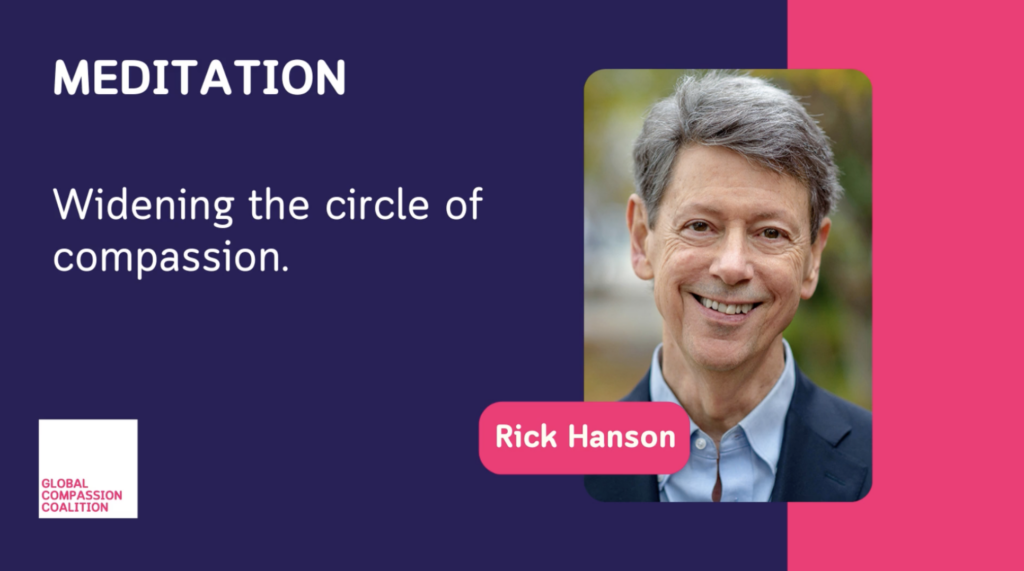Compassion can transform our approach to economics, politics, and society.
In my last blog I explored what compassion is. Now I want to think about how it can be applied in global and practical terms to address suffering and create societies of compassion and justice.
Firstly, though, the problem. We live in a world of gross inequalities where a very small percentage of people are literally holding onto the resources (real and conceptual) the world needs to promote so many things that are of benefit to others: clean water, good food, shelter, freedom, and opportunity. Personally, I’ve been able to look after myself and make a contribution. Many millions of people are denied that opportunity. At the same time climate change threatens the wellbeing and livelihoods of us all – but especially those in the global south.
This is a culturally engrained problem. As I said in my last piece, we live in a society that emphasises self-interest and competition over caring and sharing. This presses us to act accordingly. It’s going to take a great, widescale act of rebellion to change course and focus instead on our compassionate and pro-social motives and potentials.
An important point must be made here. This is not about “love”. Compassion does not need love to be effective – if it did, we wouldn’t get very far. Compassion is about having the courage and wisdom to engage in and recognise suffering and contribute to solutions. Consider a firefighter or a doctor risking infection and their lives to save others. They may not know who they are saving (and if they did get to know them may not like them) but they will still try to save them. This is about recognising common humanity and suffering.

And we can all do it. The research I and many others have led has shown that compassion can be cultivated and when it is, we can do amazing things. We can have the strength and awareness to attend to our own and other people’s suffering. We can diffuse conflict and build bridges. We can create environments in which people feel cared for and supported.
How might this look at the global level?
We can work in schools to create environments where staff and children together learn more about their minds and how to cultivate ways to be helpful not harmful. We can work with businesses to help them be sensitive to how they are producing goods, the benefit those goods can have to humanity, how they interact with their environments and ecologies and how they work with their employees. We can work with political groups and media such that they are not constantly stimulating conflict of one against the other but find more cooperative ways of solving the problems of our struggling world. This will require cultivating respect and empathy for those we do not agree with as opposed to.
We need to understand that our species is capable of greatness and horror. When we realise that you can see the extraordinary responsibility that falls on our shoulders. We may be the only species in this part of the universe that can become aware of ourselves and begin to choose to build worlds that we can all live in without oppression, without unfairness, and without poverty. One that we can be proud to hand on to our grandchildren, one built on relationships of respect, joy, and freedom. Let’s realise that potential.
Professor Paul Gilbert is Founder of the Compassionate Mind Foundation and member of the GCC Board. He is writing in a personal capacity.

